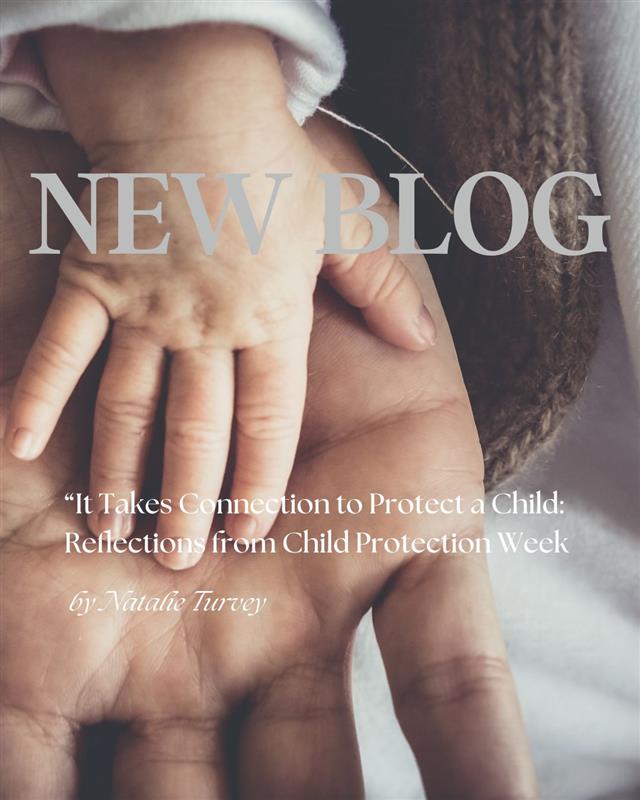We have all heard the saying, one step forward, two steps back. Thankfully, most of our development is not like this, but at times parents can see these regressive steps in their young ones and be quite alarmed by what it could mean. We are largely accustomed to development taking a linear course, moving only forward, and so backward steps are usually associated with something negative. In reality, progression through development comes with stressors – and so regression can occur when a step forward brings awareness of increased independence and perhaps the child’s apprehension about the potential loss of previous comforts and familiarity. Big transitions or changes can bring this about, for example, successful toilet training, starting school, major changes in the family – including changes in the parental relationship or the addition of a new sibling (which inadvertently changes their definition of self within the family). I wrote this blog primarily to advise parents not to panic (especially first-time parents), and to be aware that this is more common than one may think and, in many instances, it can signal further development being on its way.
Sometimes regression can take the form of baby talk, toileting behaviours, tantrums, separation anxiety, wanting to be dressed, previous sleeping and eating patterns – when such behaviours seemed to have been a thing of the past. The most commonly seen in my practice is a child’s regression into baby talk and wanting to be treated like a much younger child (even in some instances wanting to be breastfed again, now that their new baby sibling is experiencing that level of care and attentiveness from their mother). Understanding that beneath these behaviours is a desire to be nurtured and cared for and that there is a fear of losing that, is important for the parents. When parents see regressive behaviours, it can be quite frustrating, which is understandable because the previously attained milestones were milestones for parents too. Here are a few things to consider in how you may approach this:
- Be aware of your own frustration as a parent and how normal it is to feel this way but make every effort not to communicate this frustration to your young one. Children’s regression often does not represent a conscious effort to frustrate you. Communicating your frustration to the child may induce feelings of shame and guilt for them.
- Try to meet their need to be cared for and nurtured. If they need extra cuddles and cradling, do not keep them at a distance or tell them they’re past the point of needing that. Provide the care response. The regressive behaviours are a way to be seen, so let them know I see you, I notice you: “You’ve been learning lots of big skills lately and that’s hard work and sometimes you just want to know that you’ll still have my help if you need it.”
- Be a detective; you probably already have a lot of experience with this from the earlier years of parenting. Try to figure out what changes in the child’s environment at home, school or elsewhere may have prompted this behaviour and weave this into your discussion with the child. Providing the reassurance needed around the change and your presence in their life as a safe person, and how supported they continue to be, is truly what they need.
- You can play along. The fear for many parents is that roleplaying will only encourage the behaviour and make it worse, but it’s actually more likely that pretending itis not happening will lead to an increase in the behaviours. Imaginative and symbolic play can be great methods of encouraging the child to express what is happening for them which they might find it hard to put into words. You can learn a lot from them by simply playing along.
- While you are reassuring and accommodating in all the ways mentioned above, do not be afraid to set limits on how far things can go. Commit to supporting them to find healthy/adaptive ways of expressing their challenging feelings. Most regressive behaviours will last 2-4 weeks before they diffuse. You may use this as your benchmark for when to seek further support from a professional to navigate this period.
Finally, a reminder: Parenting is one of the hardest jobs in the world, so please remember to be kind to yourself every step of the way.

.jpg)
.png)





